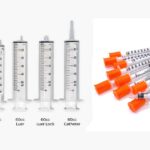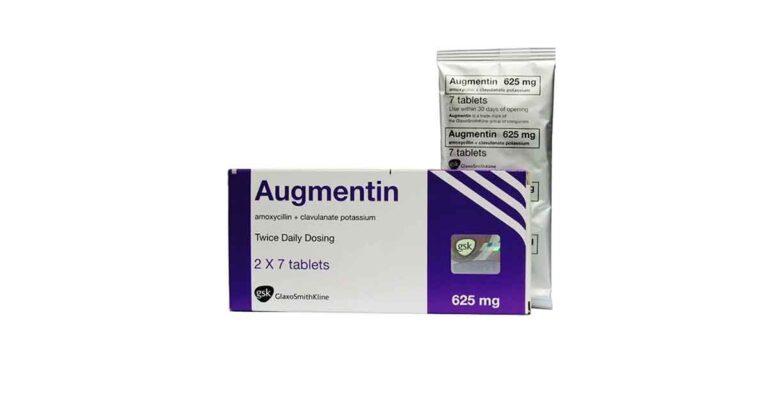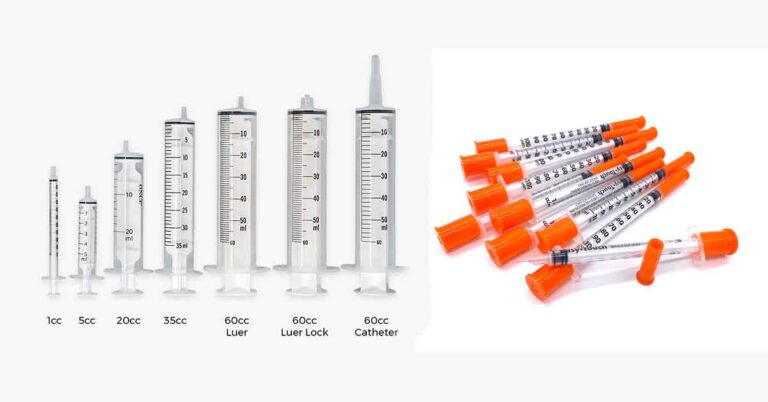A pharmacy degree is one of the most sought-after courses in the medical field. The B. Pharm and D. Pharm degrees are equivalent in some countries. A pharmacy degree program is a necessary requirement to practice as a pharmacist.
In some countries, the B. Pharm is being phased out in favor of D. Pharm and M. Pharm (Master of Pharmacy) degrees. In India, the US, and Pakistan, the B. Pharm have been replaced by the Pharm. D. Canada, New Zealand, Nigeria, South Africa, and Australia are some countries that still accept B. Pharm degree as the minimum requirement to register as a pharmacist.
Pharm. B degree is a bachelor of pharmacy degree, and usually a 4-year program in most countries. In Nigeria, it is a 5-year course with one further year for an internship program at approved pharmaceutical firms, hospitals, industries.
The D. Pharm is a doctorate degree program. It is usually a 5 to 6-year degree program with special emphasis on pharmaceutical care, clinical pharmacy practice, and research. A Doctor of Pharmacy can add the designation “Dr.” to his name.
In some countries, the D. Pharm is considered as an undergraduate degree, while it is seen as a postgraduate degree, such as M. Pharm in some other countries. For instance, Belgium, the Netherlands considers their M.Pharm as equivalent to D. Pharm in the US.
In some countries like the UK, there is no B. Pharm program, rather pharmacy is studied as a four-year course with the award of M. Pharm degree. In Switzerland, Netherlands, Belgium, the Bachelor’s degree is not used at all.
Countries that need the Pharm. as the minimum requirement for registration as a pharmacist: India, Egypt, Pakistan, Algeria
In the future, Nigeria is hoping to make the Pharm. D is the minimum qualification to become a pharmacist.
Note: Do not confuse the Pharm. D with DPharm (Diploma in Pharmacy). DPharm is a 2-year diploma degree popular in India. It is a preparatory course. A person with this degree will work under the supervision of a licensed pharmacist in the hospital and community pharmacy settings.
B. Pharm and D. Pharm degree in Nigeria system.
The Nigeria University Commission recognizes the two different degree types. According to them, the B. Pharm and D. Pharm are two separate programs. The B. Pharm is to run for a period of 5 academic sessions while the D. Pharm is a six academic year course. The aim of the Pharm. D program is to ensure pharmacists acquire clinical and pharmaceutical care while in school.
Hence, both degrees are undergraduate programs. NUC does not also approve any conversion program for converting Pharm. B to Pharm. D in any institution yet. It is therefore prohibited for any institution to run any conversion program.
According to NUC, the philosophy behind establishing the Pharm. D program is to equip students with the required pharmaceutical knowledge, professional skills to solve drug-related problems.
Schools offering D. Pharm Degrees in Nigeria
As we posted earlier, there are currently 24 universities approved by both NUC and PCN to run B. Pharm degrees in Nigeria. It is good to know that not all the universities running the B. Pharm program have been approved to run the D. Pharm degree. The University of Benin is actually the first Nigeria to run the Pharm. D program.
According to the NUC, there are currently 11 universities that have been approved to run the Pharm. D program in Nigeria.
- The University of Benin, Benin City, Edo State
- University of Calabar, Cross River State.
- University of Ilorin, Kwara State.
- Federal University Oye-Ekiti, Ekiti State.
- University of Uyo, Akwa Ibom.
- University of Nigeria, Nsukka, Enugu State.
- Bayero University, Kano State.
- University of Jos, Plateau State.
- Bauchi State University, Gadau, Bauchi State.
- The University of Ibadan, Oyo State.
- Gregory University, Uturu, Abia State.













2 thoughts on “Difference between B. Pharm and D. Pharm degree”